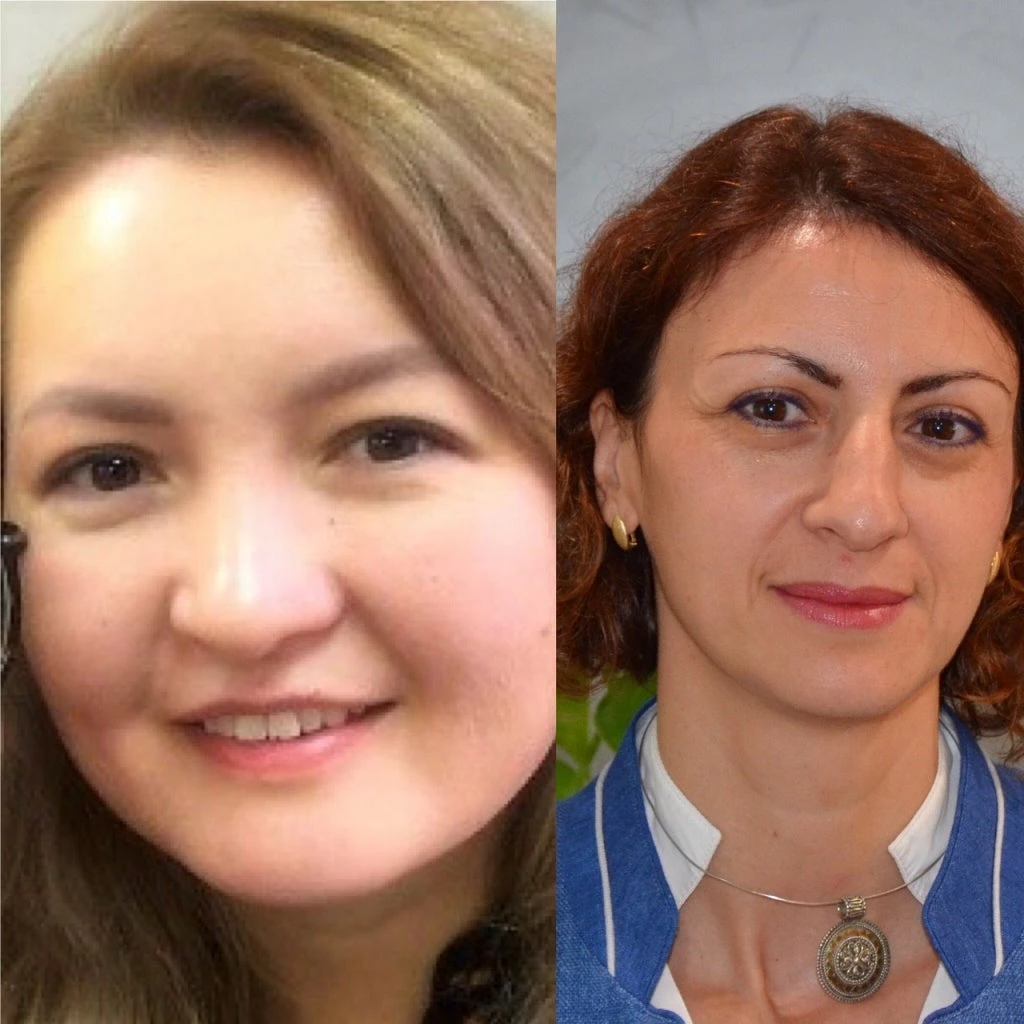The passage of a public-private partnership (PPP) law is often hailed as a big step, one that allows private sector participation in infrastructure and public services. But that is no guarantee that a successful PPP will be enacted, even when the need is great.
We experienced this firsthand in the Kyrgyz Republic, where it took six years from the passage of the law to the day the country opened its first-ever PPP—a state-of-the-art dialysis clinic. We are extremely proud to have contributed to that effort—one that meets an urgent healthcare need while also demonstrating that well-designed PPPs, with the commitment and support of government, can deliver for both citizens and national development goals.
The Kyrgyz Republic is one of the poorest countries in the Eastern Europe and Central Asian region, but incredibly beautiful. It is surrounded by mountains up to 7,000 meters high and has the second-largest saline lake in the world. And if the beauty of the landscape weren’t enough, Kyrgyz cuisine is delicious and would delight any tourist. But as passionate advocates of healthcare, we were shocked by the terrible conditions of dialysis care in the country.
According to the World Health Organization, kidney disease is a leading cause of death in the Kyrgyz Republic. Only 20 percent of patients in need have access to treatment, which itself is risky; in public clinics, up to 80 percent of dialysis patients suffer from cross-infections, such as Hepatitis B and C.
Government capacity and resources were not sufficient to address this problem, which had become a national priority—as nearly a thousand Kyrgyz citizens die every year from kidney failure with many deaths being preventable. But skepticism around working with the private sector meant that finding a private sector solution was looking distant. Indeed, since the PPP law was passed in 2012, every attempt to implement a PPP for dialysis care had failed. No one really believed it could be done.
But several key officials were truly dedicated to attracting private sector investment and expertise through a groundbreaking healthcare PPP to meet the critical need for dialysis treatment. IFC’s PPP Transaction Advisory team worked closely with these public officials for nearly five years on the project, with Meder Ismailov, Head of the Reforms Department at the Ministry of Health, as a driving force who created conditions for success.
He, together with other government specialists, provided critical feedback on what was best for his country to upgrade health services for the population, which helped guide our work as advisors. It was very rewarding to collaborate with such professionals. Support like this goes far to maintain momentum and accelerate progress, even when prospects don’t appear bright.
The effort was significant, but the results were worth every second worked. Fresenius Medical Care—the world’s leading provider of dialysis services—won the tender for a 10-year PPP agreement to finance, build, equip, and operate four clinics that will cover 75 percent of the country’s population.
In October of this year, the first clinic opened its doors to patients in Jalal-Abad, a town of 100,000 in the southwest. A local IFC colleague who worked with us on the project told us he was genuinely moved when he saw a modern building with excellent staff and modern equipment in a run-down town. The first patients could hardly believe their eyes, he said, and are already feeling the difference with more appetite and energy. It was a very proud and rewarding moment for all of us.
This PPP addresses a nationwide shortage of equipment and expertise and will have an enormous impact on the country’s public health services. It will also reach patients in rural areas through the introduction of peritoneal dialysis, a procedure that can be done at home and is currently not available in the Kyrgyz Republic. Fresenius is providing continuing education opportunities to local doctors and nurses—80 percent of whom are women. It will give public health services a significant boost and will improve access to affordable, quality healthcare. This project won’t just improve the quality of patient’s lives, it will save lives.
This was not only the first PPP in the country, but also the first in Central Asia. We are extremely proud to have been a part of an initiative that will directly help so many people.
This PPP project was financed by German Development Cooperation through KfW, and supported by the Austria's Federal Ministry of Finance, the Swiss State Secretariat for Economic Affairs (SECO), and the Hungarian Export-Import Bank.
Related posts:
Healthcare PPPs: a valuable policy option
Need healthcare in India? Meghalaya is the place for you
Creating a sustainable health diagnostics network for low-income populations in India through private sector participation
Success factors in Turkey's Elaziğ healthcare PPP
Measuring success in lives saved: A pioneering health partnership in Bangladesh



Join the Conversation